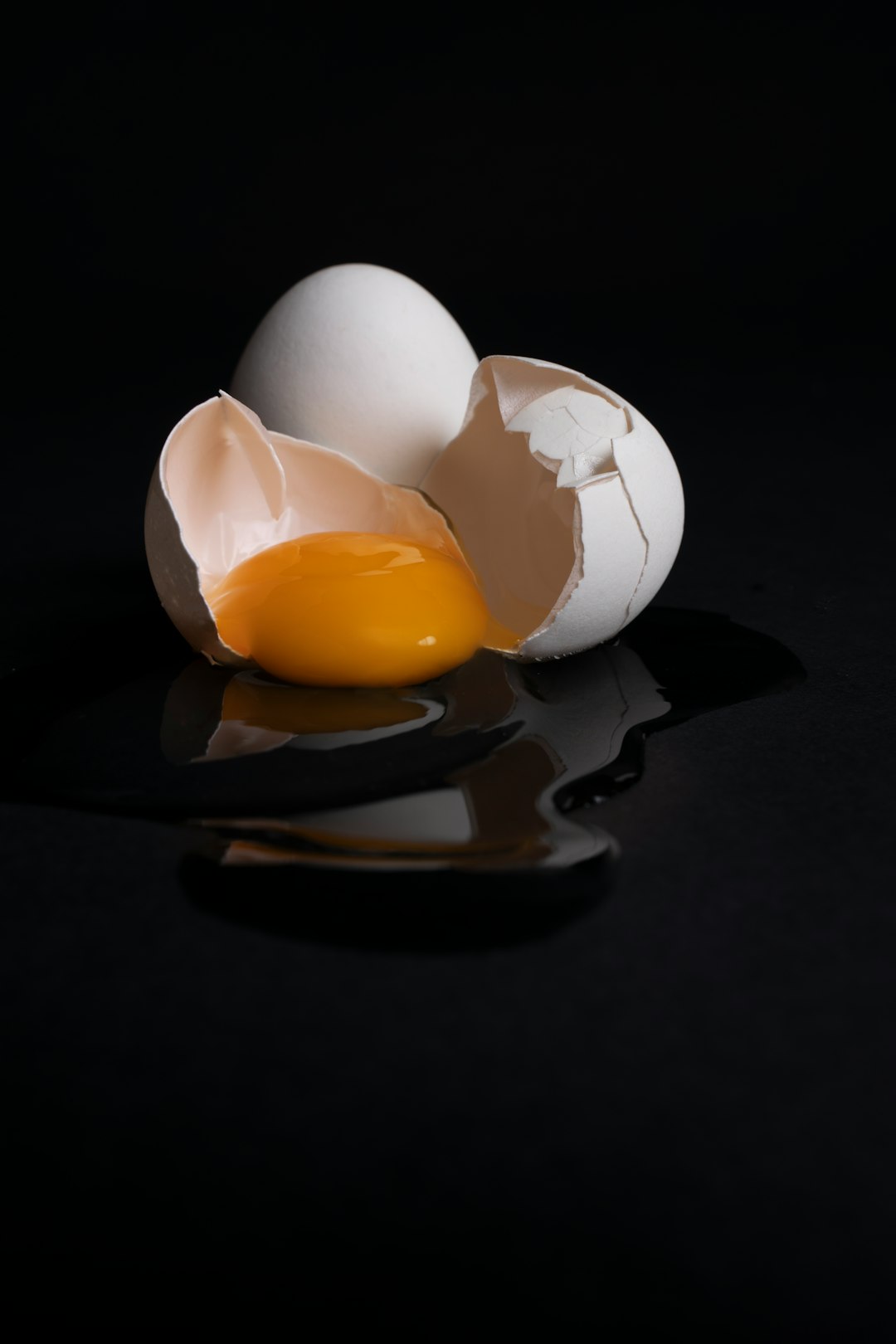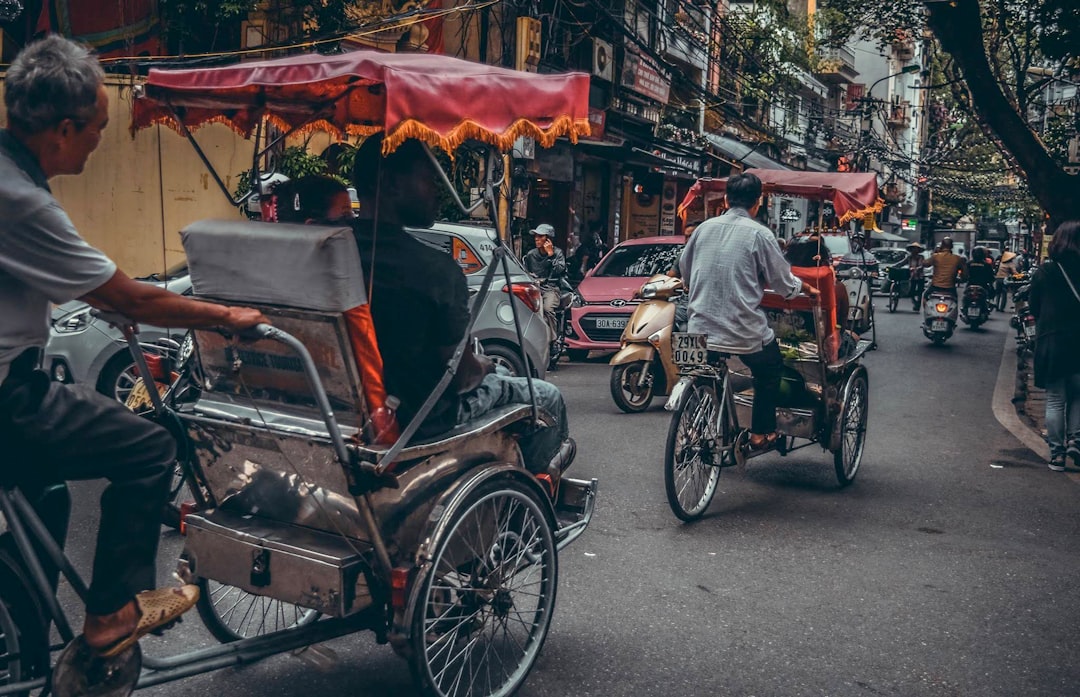On victimhood
Living with the past without being overcome: “That was then, this is now.”
Trigger warning: discusses historical sexual assault
I could, if I wished, tell you a very sad tale, of a girl who was born prematurely. She has cerebral palsy and suffers difficulties with her lungs to this very day. She could not walk properly, and was teased as a child. Every week, during primary school sport, she was the last person to be picked for teams: the other children would groan and say, “not her, we don’t want her.” She had multiple operations, and was in and out of hospital. As a teenager, she was sexually assaulted by someone she loved and trusted, but did not tell her parents out of shame, and became suicidal instead.
And we haven’t even yet plumbed the depths of the pains suffered by her ancestors! Not one of them had an iota of privilege. Her grandparents were so poor none of them attended school past the age of fourteen. One lived in a shack with a dirt floor.
Her Gaelic-speaking Highland Scots ancestors were cleared from their ancestral lands. One drowned in Sydney Harbour (possibly suicide), another burned to death after a candle fell over in her bedroom. Her Irish ancestors, Orange and Green both, came to Australia because they were starving as a result of the Famine. Her Aboriginal ancestor might have come from a Rockhampton tribe decimated by the Native Mounted Police; or perhaps he was a member of the Native Mounted Police himself. We don’t actually know. Many of her English ancestors were impoverished convicts: pickpockets, thieves and prostitutes, transported to a land they knew nothing about. One was picked to be a concubine to a Rum Corps Officer: a convict “comfort woman”.
I could, if I wished, tell you a tale of privilege, of a girl with pale skin and freckles, and reddish brown hair. Despite a difficult start in life, she thrived, and excelled at school. She made many close friends whom she maintains to this very day. She also had the rare ability to shine across arts and sciences, as well as artistic talent. As a teenager, she attended a private school in Australia, and then one of the top academic private schools in England. She got into a prestigious degree at a top Australian university, and completed it. She travelled the world from a young age, and was loved and supported by her family. Eventually, in her twenties, she was even invited to join a womens’ soccer team! She was incredibly lucky.
You’ve guessed, haven’t you? Both girls are me. Two sides of the same coin. I could, with perfect truth, paint myself as one or the other. The way things are currently, I’d get far more sympathy with the first portrait of myself. Female. Tick! Disabled. Tick! Indigenous ancestor. Tick! Survivor of sexual abuse. Tick! These disadvantages give me a bulwark.
But should they? I have, as it happens, been speaking out on Indigenous issues and teaching Indigenous students since 1998. I didn’t know about my Indigenous ancestor until a lot later (although a lot made sense once we discovered it). Should it make a difference? Do I suddenly gain a right to speak which I did not have before, through a previously hidden accident of birth and ancestry?
Someone asked me how I continue, with illnesses, my disability, and the difficulties I have suffered in the past. The answer is: I do not think of myself as a victim. Don’t get me wrong, I’ve been tempted at times to dwell on the ills done to me, particularly in relation to the sexual assaults. I’ve not discussed that aspect of my life publicly before, only explored it in fiction.
For ten years, I called these events ‘the bad thing’ and I wouldn’t allow my mind to go there. If ‘the bad thing’ popped into my mind, I’d stop and close my eyes and repeat, “Don’t think, don’t think, don’t think,” until it went away. I learned some years ago that one of the responses I developed is called ‘dissociation’: it’s like you’re a passenger in your own body, sitting at the back of your mind, watching things happen to you—but you’re not home. I didn’t realise that normal people don’t do that.
Now, I try not to deny the past, but I also try not to allow past events to overwhelm me. Of course, these events had an impact. During my teenage years and early twenties, I struggled to trust men, and thought I would never have an intimate relationship. I couldn’t bear to be touched in an intimate way unless I was blind drunk. I was confused about my sexuality. Much of the time, I wore long floppy jumpers or dresses to hide my body.
When I was twenty-five, and trying to put the pieces of myself back together, I travelled around South East Asia (Thailand, Laos, Vietnam and Cambodia). Many people I met on that journey had suffered unimaginable pain—war, genocide, forced removal, starvation, death of family members, dreadful injuries, terrible authoritarian regimes—far worse than any pain I’d suffered.
At one point, when a North Vietnamese cyclo driver asked me where I was from, I confessed I was Australian and wondered if the North Vietnamese bore any ill-will towards Australians for their part in the Vietnam War. He looked at me with puzzlement, when I turned to meet his eye. “Why would we? That was then, this is now.”
We are all moments in time. And people change, and this is now. There is so much more to me than just victim: I am a mother, wife, daughter, sister, friend. Yes, I ended up marrying a man, and having children, despite my certainty as a teenager that I never would. Professionally, I am a lawyer, a professor, a teacher, an author. The past still rises up to haunt me at times, but I try not to let it consume me.
I decided not to prosecute the perpetrator of the sexual assaults when I was twenty-four. I was afraid I’d tear myself and my family apart, and cause distress to his wife. Because I am a lawyer, I was also concerned that, after the passage of ten years, I couldn’t name precise dates, and that, even if he was gaoled, it wouldn’t make things better. The harm had been done, and I didn’t think he was a risk to others—if I had thought he might do it to someone else, I’d have felt differently. I never confronted him before he died, and I still don’t know why he did those things.
As I’ve said elsewhere, it doesn’t follow that I am good or wise because I’ve suffered hardships. This is even less the case simply because my ancestors suffered. Suffering does not always make you a better person.
For some people, it may enhance their empathy and understanding of difficulty, although I think I am naturally empathetic. But not all people respond like that to disadvantage.
Some people want to take revenge, and flip the tables on those who bullied them. I do not: when I heard a girl who had teased me in high school was rendered disabled in a car accident, and unable to walk properly, I was horrified.
For others still, I suspect that pain makes them solipsistic, focussed on the self and their own suffering.
Being a victim, or being descended from people who were treated badly, does not necessarily give you special insight.

That was then, this is now. Sometimes, justice can’t be done, as any lawyer knows. I know it more than most; I specialise in remedies law.
Things can’t always be put back as they were. Some wrongs can’t readily be fixed. You may as well try to unscramble an egg, to make it unbroken and whole again.
If I had a message I could convey to my young self, it would be this: “You are strong. You will survive. It will be okay.”
All we can do is survive, try to live our best lives, and not be consumed.



So wise and inspirational, thank you!